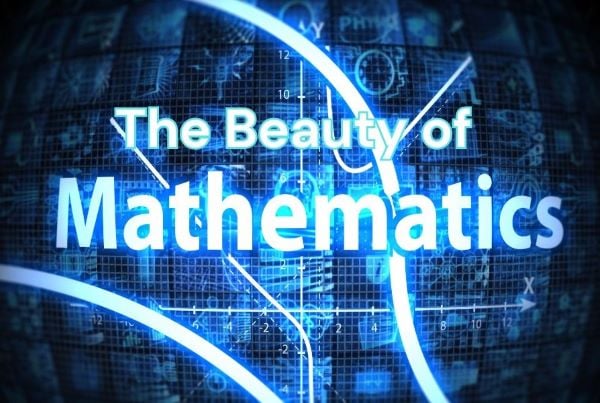
Mathematics is an abstract science of numbers, quantity, and space. It has been an integral part of human civilization, shaping our understanding of the world and driving advancements in technology, science, and everyday life.
This article delves into the various facets of mathematics, its significance, and its application across different fields.
Historical perspective
Mathematics has a rich history that dates back to ancient civilizations. The Egyptians and Babylonians used basic arithmetic and geometry for practical purposes like construction, astronomy, and commerce. The Greeks, particularly Euclid, Pythagoras, and Archimedes, laid the foundations of many modern mathematical concepts.
The development of algebra by Persian mathematician Al-Khwarizmi, the contributions of Indian mathematicians like Aryabhata in trigonometry, and the concept of zero further advanced the field.
The Renaissance period saw a resurgence in mathematical exploration, leading to the development of calculus by Newton and Leibniz in the 17th century, which revolutionized science and engineering.
Branches of mathematics
Mathematics is broadly categorized into several branches, each with its own focus and applications:
- Arithmetic: The study of numbers and basic operations like addition, subtraction, multiplication, and division. It is the foundation of all mathematical concepts.
- Algebra: Deals with symbols and the rules for manipulating these symbols. It includes solving equations and understanding abstract concepts like groups, rings, and fields.
- Geometry: Focuses on the properties and relationships of points, lines, surfaces, and solids. It has practical applications in art, architecture, and engineering.
- Trigonometry: The study of relationships between the angles and sides of triangles. It is essential in fields like astronomy, navigation, and physics.
- Calculus: Concerned with change and motion, calculus includes differential and integral calculus. It is crucial for understanding phenomena in physics, engineering, and economics.
- Statistics and probability: Involves collecting, analyzing, interpreting, and presenting data. Probability theory helps in predicting outcomes in uncertain situations.
The role of mathematics in various fields
Mathematics is not confined to theoretical pursuits; it has practical applications in diverse fields:
- Science and engineering: Mathematics is the foundation of scientific discoveries and engineering solutions. From calculating the trajectory of space missions to designing complex structures, math is indispensable.
- Economics and finance: Mathematical models help understand market trends, risk assessment, and decision-making in finance and economics.
- Computer science: Algorithms, data structures, cryptography, and machine learning are all grounded in mathematical principles.
- Medicine and biology: Biostatistics and mathematical modeling are crucial in medical research, epidemiology, and understanding biological systems.
- Everyday life: Budgeting, home improvement projects, cooking measurements, and even time management involve basic mathematical skills.
The beauty of mathematics
Mathematics is often appreciated for its beauty and elegance. Mathematical proofs and theories reveal patterns and relationships that are both surprising and aesthetically pleasing. The concept of symmetry, the Fibonacci sequence in nature, and fractals’ intricate patterns are just a few examples where math’s beauty is evident.
Mathematical education
Learning mathematics is essential for developing critical thinking, problem-solving skills, and logical reasoning. A strong mathematical foundation equips individuals to tackle complex problems and adapt to various professional fields. Innovative teaching methods, such as using real-life applications and interactive tools, make math more engaging and accessible.
Conclusion
Mathematics is a universal language that transcends cultural and linguistic barriers. Its principles and applications permeate every aspect of our lives, driving progress and innovation. Embracing the beauty and utility of mathematics can inspire a deeper appreciation and a more profound understanding of the world around us.
Edublox offers cognitive training and live online tutoring to students with dyslexia, dysgraphia, dyscalculia, and other learning disabilities. Our students are in the United States, Canada, Australia, and elsewhere. Book a free consultation to discuss your child’s learning needs.
Authored by Shanice Jordaan. Shanice holds a bachelor’s degree in education and has extensive teaching experience, having taught math for five years and English for three. She leverages her skills as an English teacher, online ESL teacher, and math and reading tutor to design engaging lessons, foster positive learning environments, and cater to diverse learning needs.
